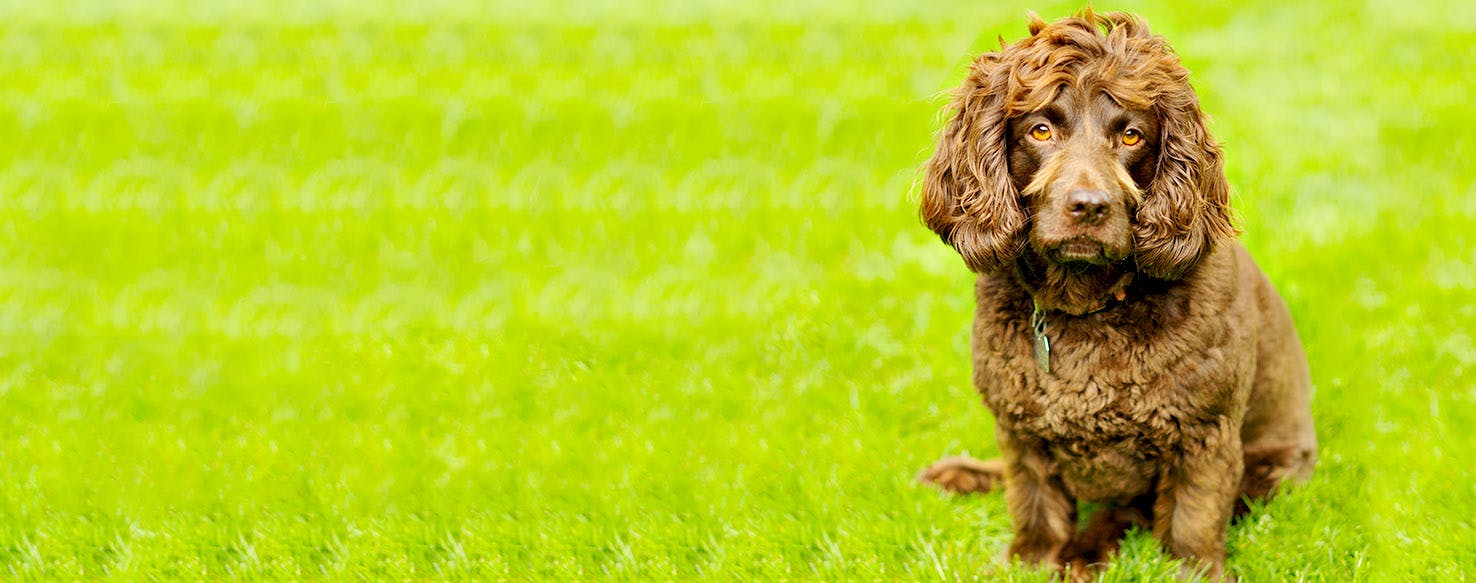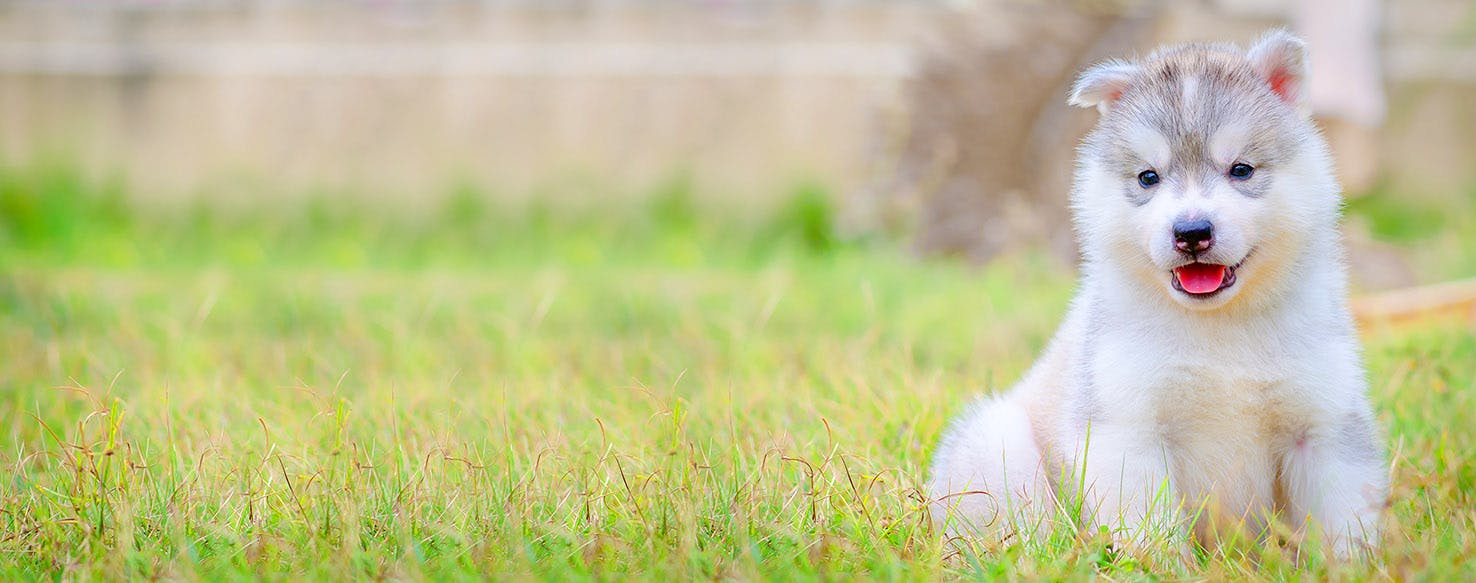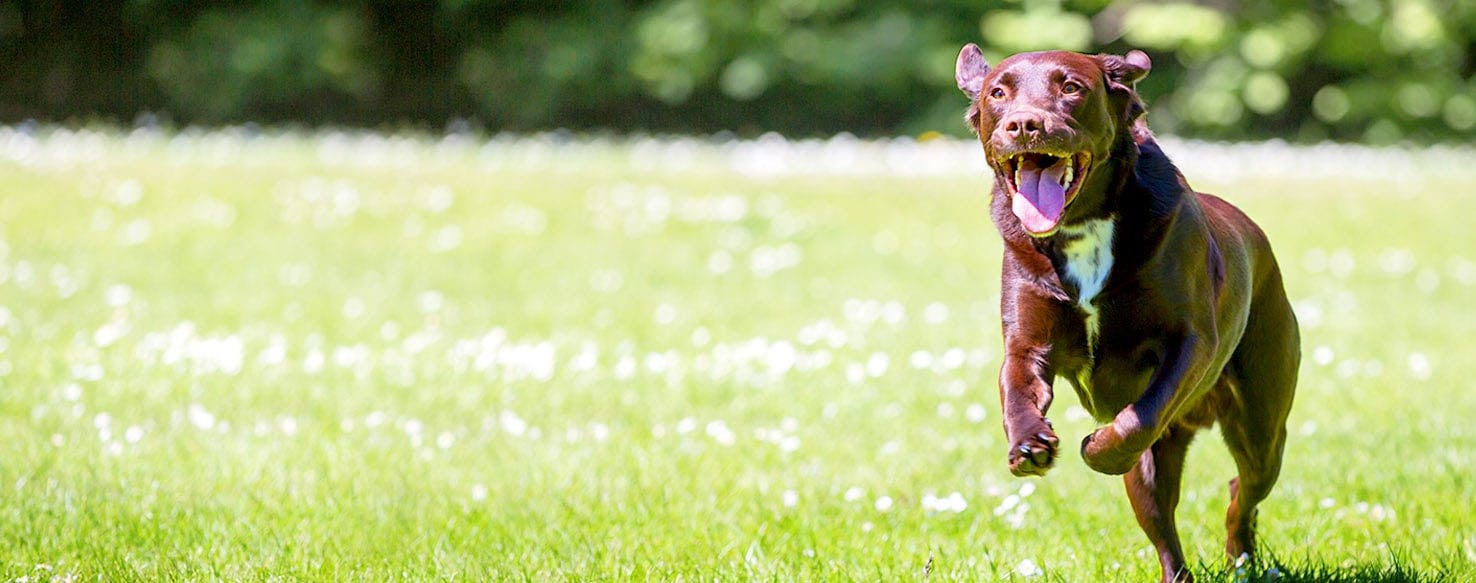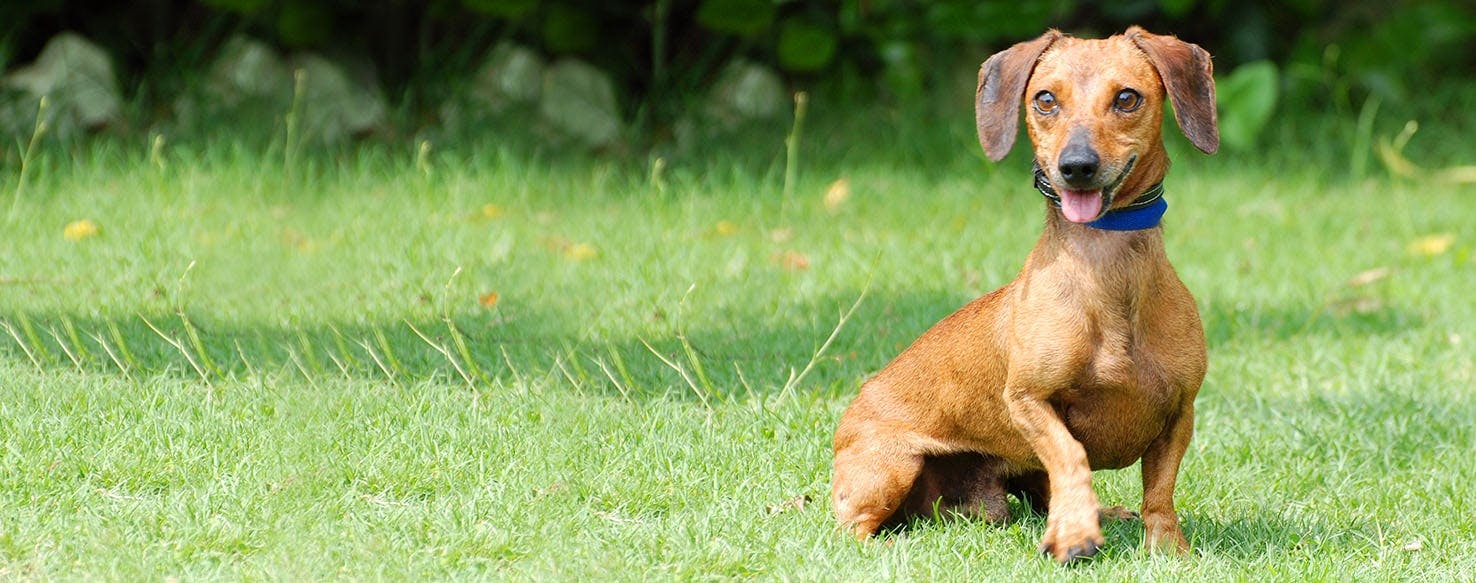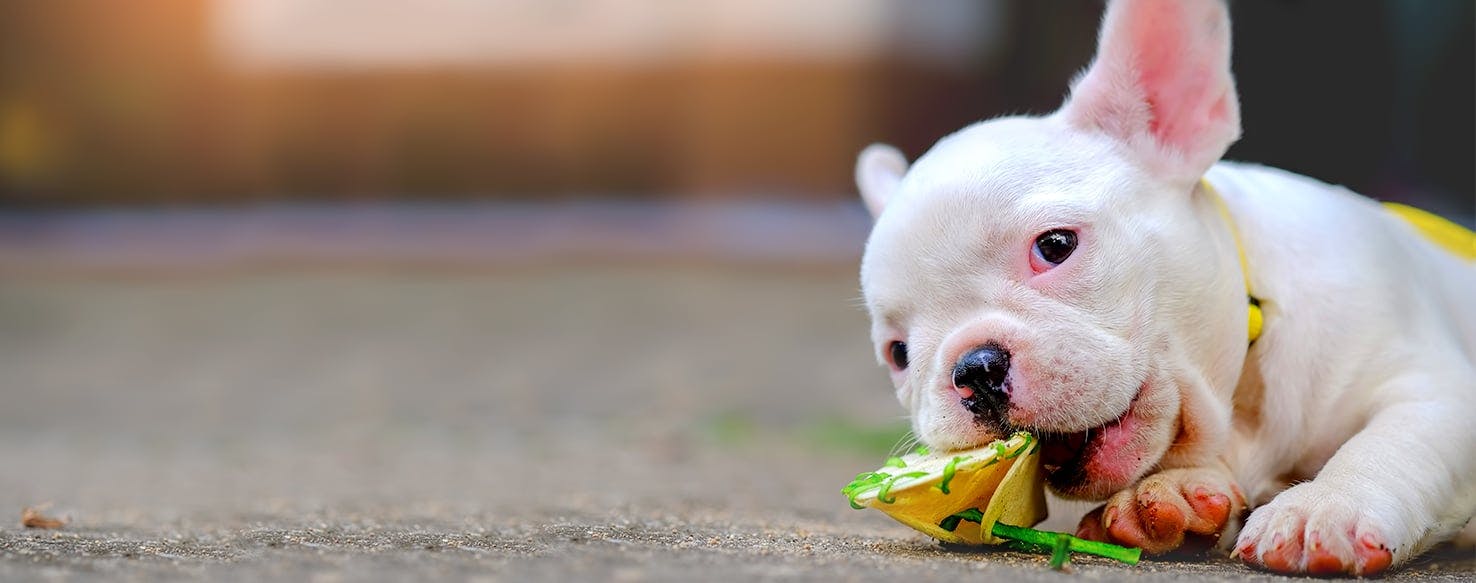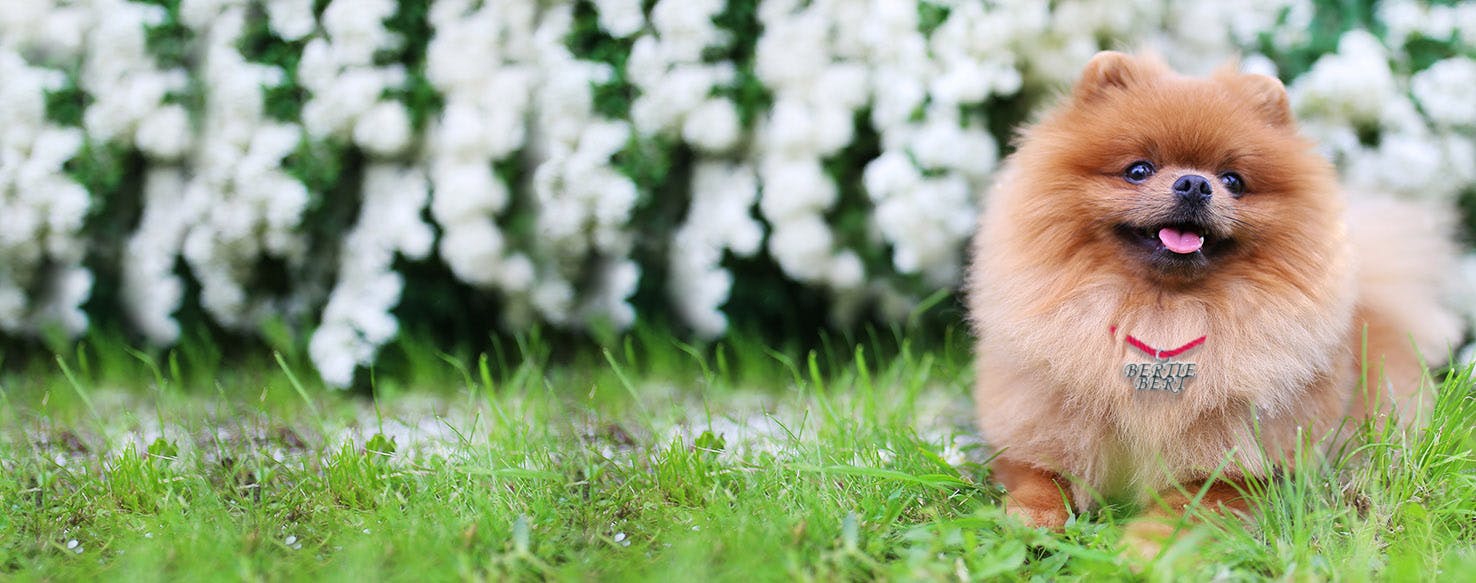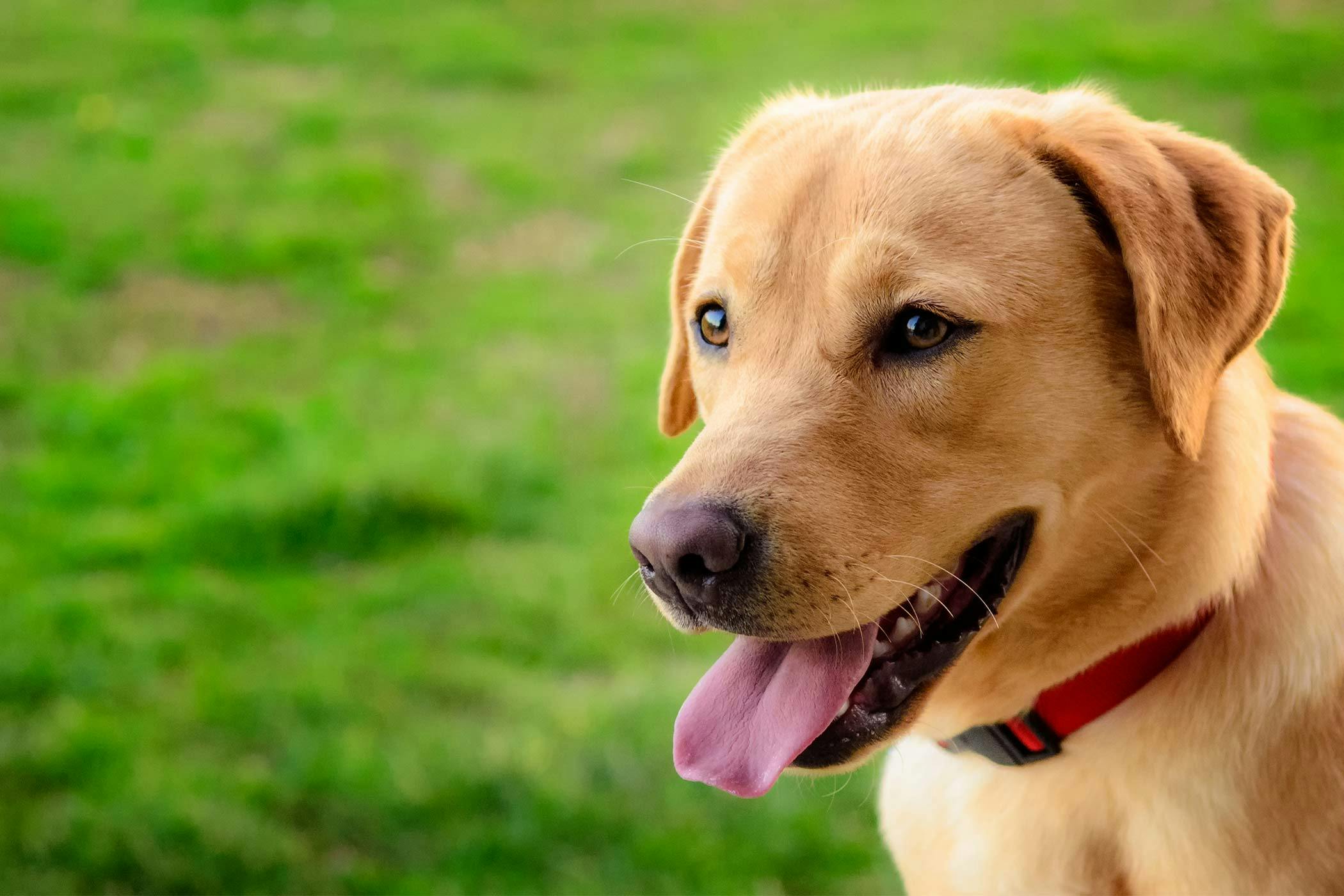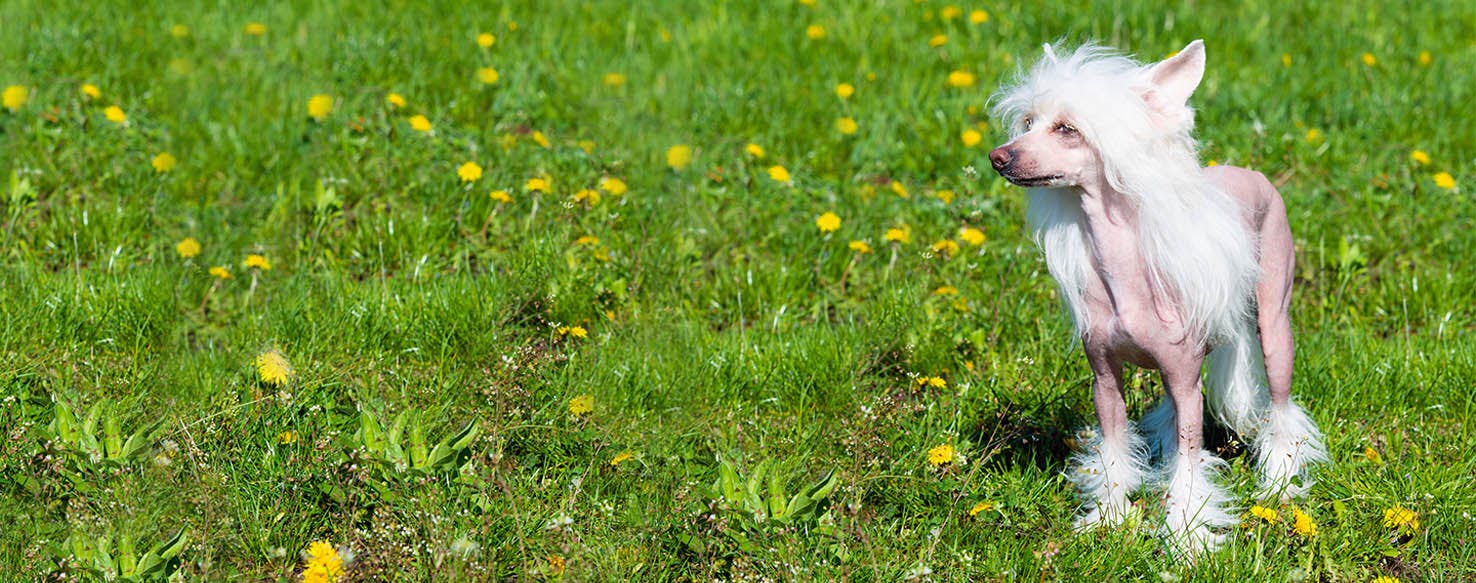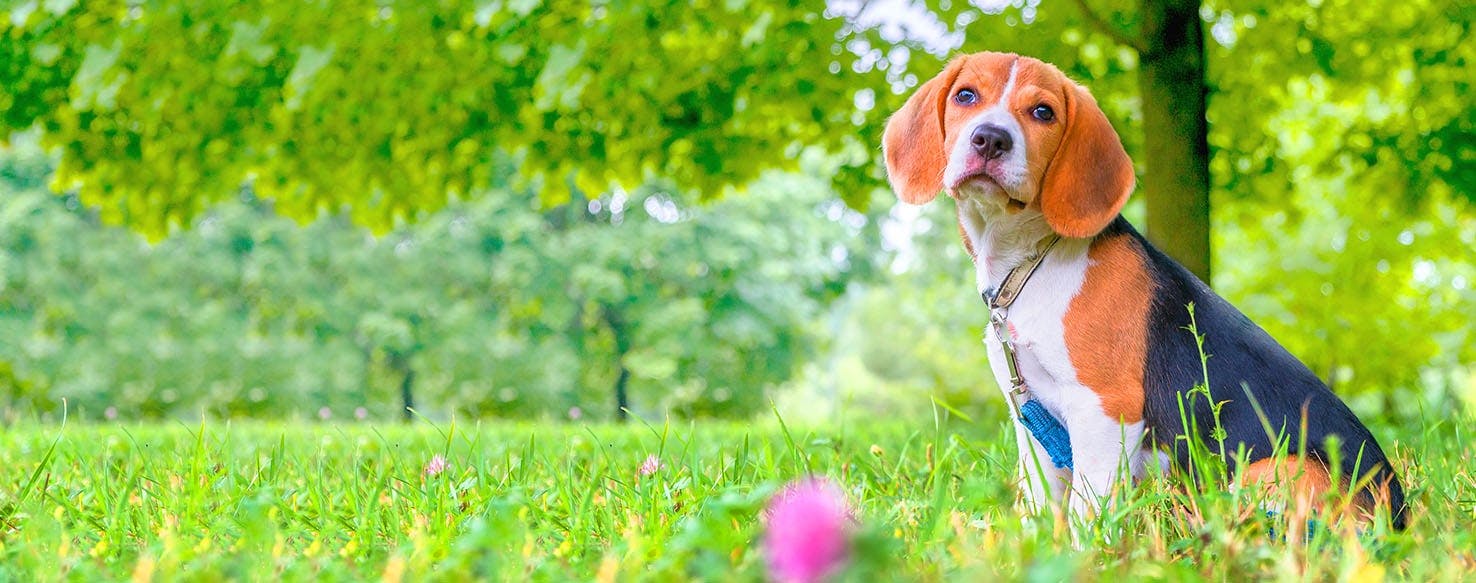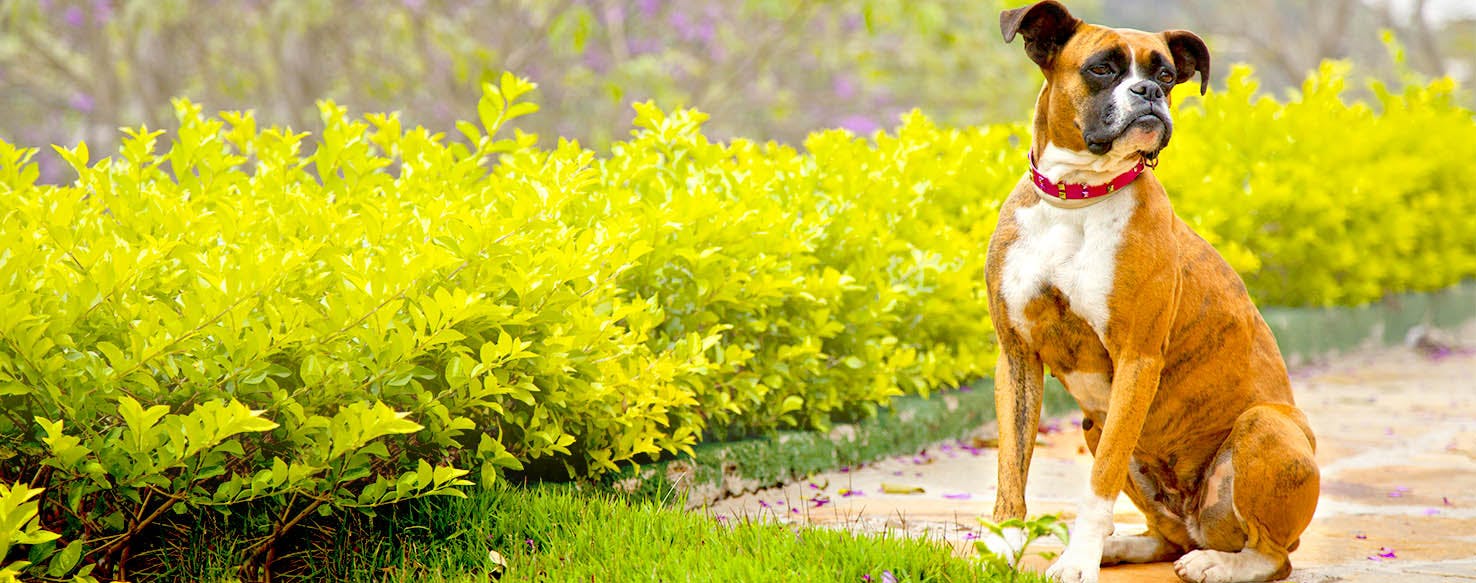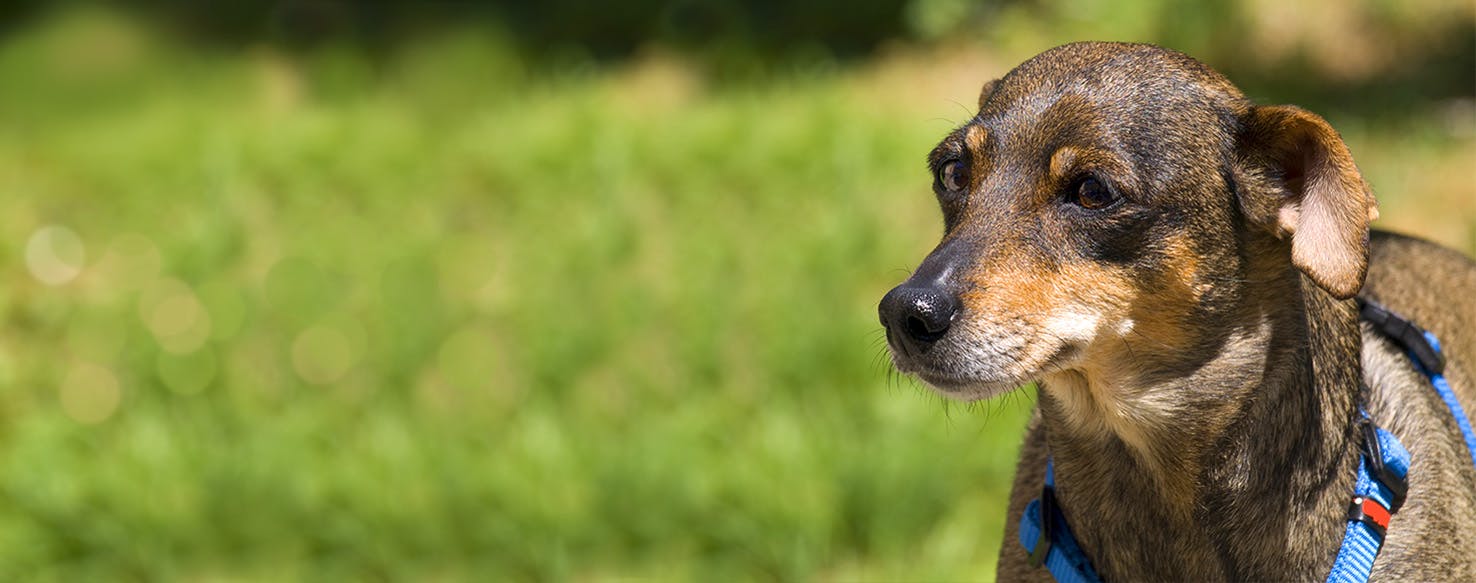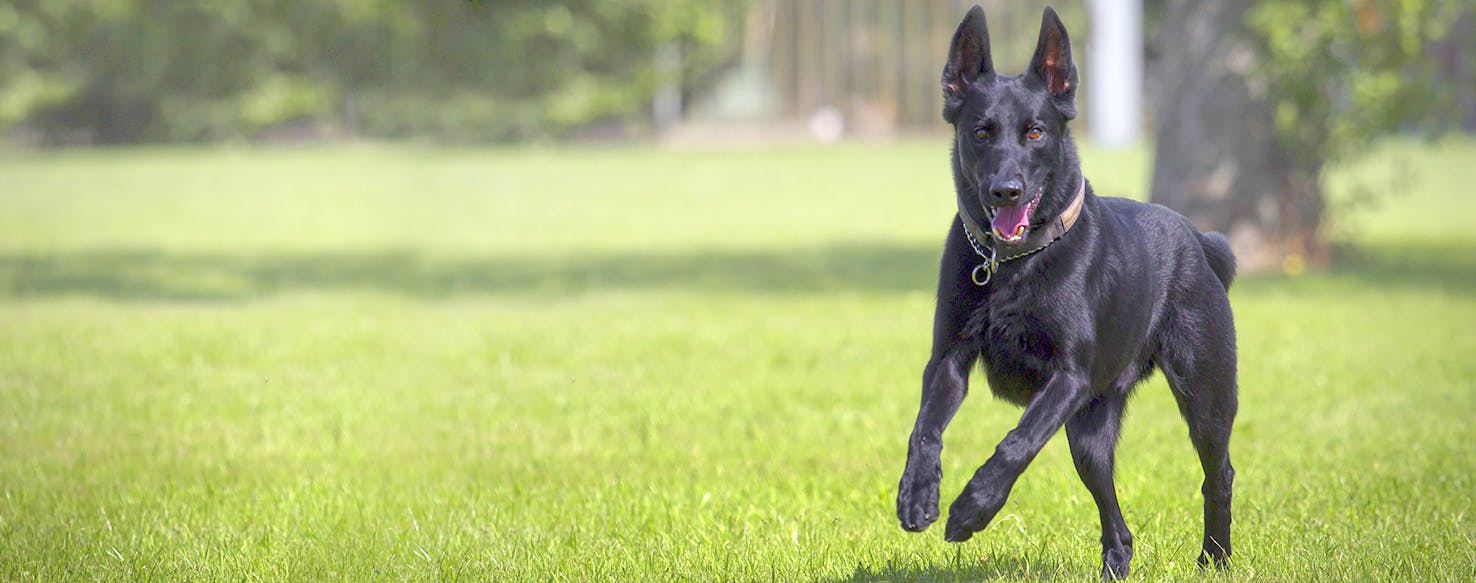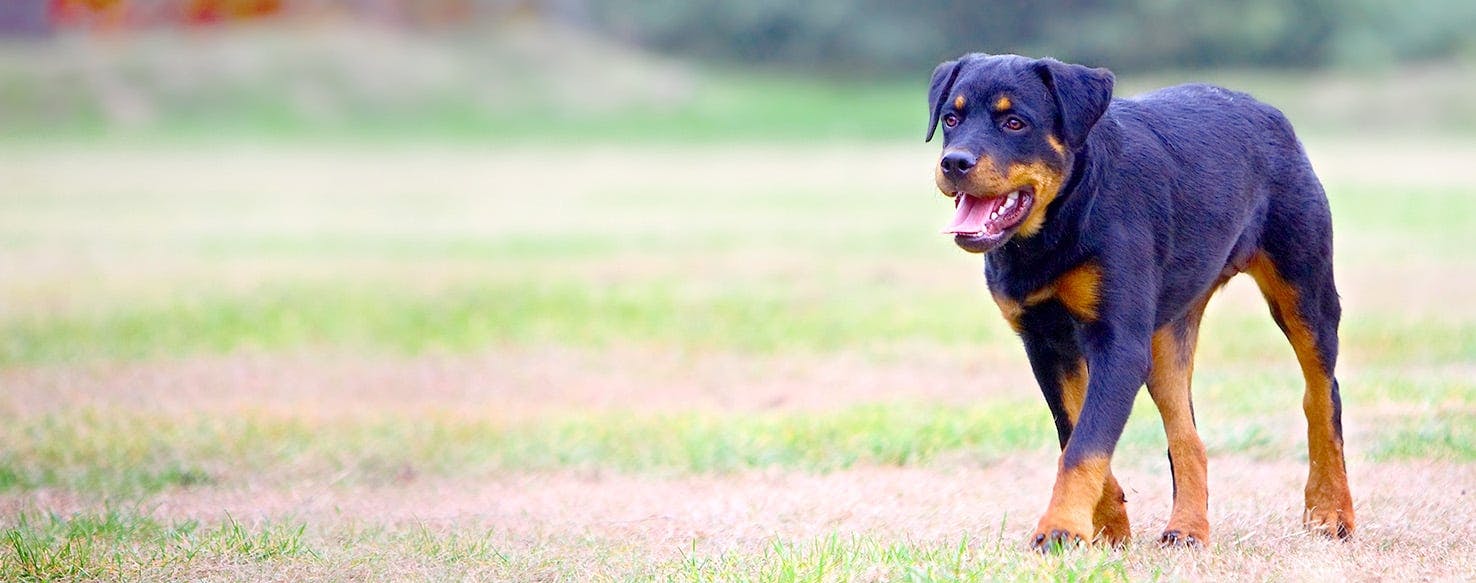Introduction
Almost every country has its selection of different dog breeds, and Japan is no different. However, thanks to constant exposure in various works and pop culture references, Japanese dogs have slowly become one of the most popular choices for pet dogs. Japanese dogs generally have a distinct look – pointed ears and tails that are turned upwards. Moreover, their names are undeniably Japanese-sounding, such as Akita Inu, Shiba Inu, and Hokkaido Inu, to name a few. Japanese dog breeds are also recognized for their calm and well-behaved nature. They make a fuss only when they truly have to, which makes for great indoor pets. But, given their background for hunting, they also possess innate athleticism, enabling them to also adjust easily outdoors.
Japanese Dog Names in Pop Culture
Japanese dogs are widely featured in Japanese culture, whether it is in the form of literature, anime, manga (Japanese comics), film or television. A lot of these works of art have also crossed the borders of Japan and left a mark worldwide. The Akita Inu is among the dog breeds that are usually portrayed in these works, particularly in film. Hachiko is the perfect example of this.
The story of Hachiko is a classic in Japan. His true story was a prime example of how immensely loyal Japanese dogs can be. Hidesaburo Ueno, who was Hachiko’s owner, was a professor at the Tokyo University. Every day on his commute to work, Ueno would walk with Hachiko to the train station. At the end of the day, Hachiko would promptly be at the station at 3:00 in the afternoon, which is when the train arrives as Ueno makes his way home. This daily practice of theirs went on for months until one day, when Ueno suddenly fell ill while lecturing at the University. He died at the hospital shortly after. Hachiko, unaware of the passing of Ueno, kept returning to the station every day for nearly a decade, until his eventual death.
The story of Hachiko spread across Japan and was featured in different publications. Ultimately, his story became news all over the world. Statues of Hachiko were built all over Japan and his story was turned into a film, entitled Hachiko Monogatari. An American adaptation of this film, called Hachi: A Dog’s Tale, was also created and became a hit worldwide.
While Hachiko is undoubtedly the most recognized Japanese dog, there are other depictions of Japanese dogs in various works. The Shiba Inu is an example of another famous Japanese dog in pop culture. The movie A Tale of Mari and the Three Puppies, which is based on the real life Chuetsu Earthquake that took place in 2004. Mari, an adopted Shiba Inu, was able to get rescuers to save her owner, Aya, and her grandfather, who were stuck in their house in the earthquake’s aftermath. The movie, which was frequently reported in media, caught the hearts of millions of people in Japan. It was also adapted into a book.
Another familiar Shiba Inu is the meme known as Doge. The picture of Doge usually appears with broken English phrases in Comic Sans font. This meme is widespread all over social media and was even chosen as “top meme” for 2013.
The popularity of Japanese dogs has definitely grown throughout the years, thanks in large part to the different pop culture references and works where they were featured. This has also caused numerous dog lovers to choose Japanese breeds as their next pet.
Japanese Dog Name Considerations
Regardless of what Japanese dog breed you own, one of the most important considerations for choosing a name for is picking out an authentic Japanese name. Naturally, you would not want your Shiba Inu to be named “Tyler” or some other Western-sounding name. This takes away the novelty of the Japanese dog breed. Also, for an English ear, Japanese names are striking and really roll off the tongue.
Another consideration would be to research the meaning behind the Japanese name you choose. When you are on the lookout for a Japanese name and find one that has a nice ring to it, take time to find out what it actually means. For instance, you might find a name that sounds cool but has a weird meaning when translated. Ideally, the name you choose would have one to two syllables only. There are some longer Japanese names but they might not stick with your dog, especially in training.
Additionally, you can use your dog’s individual features as a basis for choosing a name. For example, if you have a brown or golden-colored dog, you can name it “Kin”, which means “gold” in Japanese. By looking at the unique traits your dog possesses, you can easily come up with a suitable name for him or her.
Male Japanese Dog Names
| Votes | Name | Vote |
|---|---|---|
| 8 |
Taro
Means “large son” in Japanese; good for bigger Japanese dog breeds
|
|
| 7 |
Takeo
Means “warrior hero” in Japanese
|
|
| 7 |
Take
Means “bamboo” in Japanese; fitting for tall and strong Japanese dog breeds
|
|
| 6 |
Dai
Means “large” or “great” in Japanese, good for bigger Japanese dog breeds
|
|
| 6 |
Yuki
Means “snow” in Japanese, good for white dogs
|
|
| 6 |
Kane
Means “golden in color”; good for brown or golden-colored Japanese dogs
|
|
| 6 |
Kenshin
Means “truthful” or “modest” in Japanese
|
|
| 6 |
Osaka
Means “dragon god” in Japanese
|
|
| 4 |
Takashi
Means “noble” or “prosperous” in Japanese
|
|
| 4 |
Kenichi
Means “healthy first son” in Japanese
|
|
| 4 |
Isamu
Means “brave” in Japanese
|
|
| 3 |
Michio
Means “man on a journey” in Japanese
|
|
| 3 |
Yuji
Means “a brave son” in Japanese
|
|
| 3 |
Mori
Means “forest” in Japanese; good for Japanese hunting dog breeds
|
|
| 3 |
Akira
Means “bright” in Japanese
|
|
| 3 |
Tadao
Means “loyal” or “faithful” in Japanese
|
|
| 3 |
Daiki
Means “great nobility” in Japanese
|
|
| 3 |
Makoto
Means “sincere” in Japanese
|
|
| 2 |
Yasuo
Means “gentle” or “calm”; good for dogs with a calm temperament
|
|
| 2 |
Koji
Means “little” in Japanese; good for smaller Japanese dog breeds
|
|
| 1 |
Tamotsu
Means “protector” in Japanese
|
|
| 1 |
Aki
Means “autumn” in Japanese
|
|
| 1 |
Kenta
Means “strong” or “healthy” in Japanese; good for big Japanese dog breeds like a Tosa Inu
|
|
| 0 |
Youta
Means “great sunlight” in Japanese
|
|
| 0 |
Ren
Means “love” in Japanese
|
|
| 0 |
Takara
Means “treasure” in Japanese
|
|
| 0 |
Rikuto
Means “person of land” in Japanese
|
|
| -2 |
Osamu
Means “disciplined” in Japanese
|
|
| -2 |
Takahiro
Means “of great value” in Japanese
|
|
| -2 |
Kaito
Means “ocean” in Japanese
|
Female Japanese Dog Names
| Votes | Name | Vote |
|---|---|---|
| 8 |
Sakura
Means “cherry” in Japanese
|
|
| 7 |
Mitsu
Means “full of light” in Japanese
|
|
| 7 |
Yukiko
Means “snow child” in Japanese; good for Japanese dogs with white coat
|
|
| 6 |
Kimi
Means “noble” in Japanese
|
|
| 6 |
Mami
Means “true beauty” in Japanese
|
|
| 5 |
Miyo
Means “child of beauty” in Japanese
|
|
| 4 |
Etsu
Means “joy” in Japanese
|
|
| 4 |
Aiko
Means “child of love” in Japanese
|
|
| 4 |
Kuro
Means “black”; good choice for black Japanese dog breeds
|
|
| 4 |
Bachiko
Means “happy child” in Japanese
|
|
| 4 |
Kiyomi
Means “pure beauty” in Japanese
|
|
| 3 |
Suki
Means “beloved” in Japanese
|
|
| 3 |
Nyoko
Means “gem” in Japanese
|
|
| 2 |
Kyoko
Means “respectful child” in Japanese
|
|
| 2 |
Takara
Means “treasure” in Japanese
|
|
| 2 |
Yoshe
Means “lovely” in Japanese
|
|
| 2 |
Momo
Means “peach” in Japanese; good for playful Japanese dogs
|
|
| 1 |
Riko
Means “clever” in Japanese
|
|
| 1 |
Shiori
Means “poem” in Japanese
|
|
| 1 |
Satu
Means “sugar” in Japanese; good for dogs with a sweet personality
|
|
| 1 |
Hana
Means “a flower” in Japanese
|
|
| -1 |
Kaida
Means “little dragon” in Japanese; good for small but strong-willed Japanese dog breeds
|
|
| -1 |
Keiko
Means “blessing” in Japanese
|
|
| -1 |
Nariko
Means “gentle child” in Japanese
|
|
| -2 |
Rei
Means “lovely” in Japanese
|
|
| -2 |
Iwa
Means “rock”; good for strong Japanese dog breeds
|
|
| -3 |
Megumi
Means “blessing” in Japanese
|
|
| -3 |
Yasu
Means “peace” in Japanese
|
|
| -4 |
Kohana
Means “little flower” in Japanese
|
|
| -4 |
Asami
Means “morning beauty” in Japanese
|
